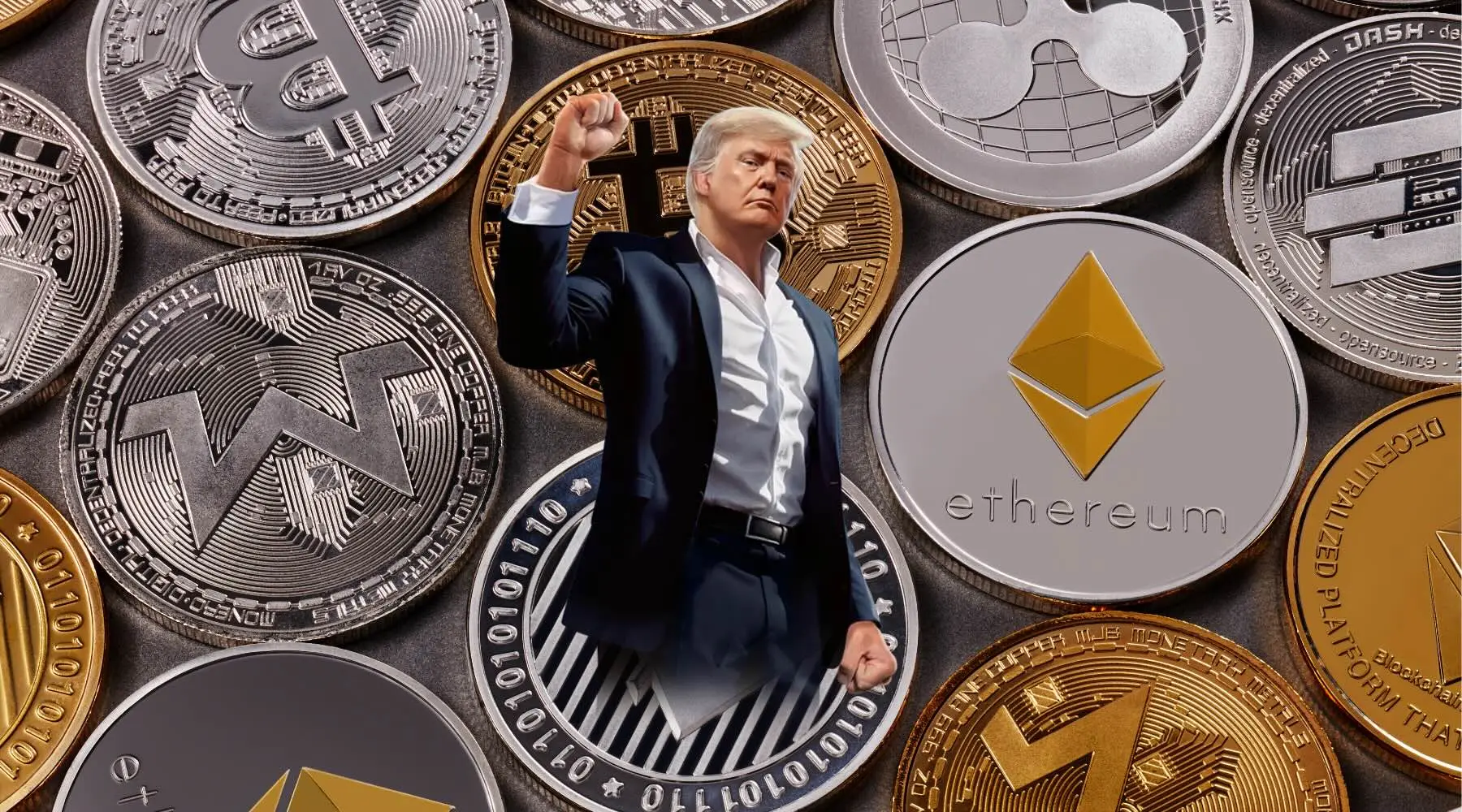On April 9, 2025, U.S. Senator Elizabeth Warren charged President Donald Trump with market manipulation, triggering intense discussion in financial and political arenas. The claims arise from Trump’s social media activity and a policy shift that led to a dramatic stock market rally. This dispute has revived concerns about the ethical boundaries of political sway over financial markets, with implications for investors, regulators, and the cryptocurrency market.
A Suspicious Sequence of Events
The controversy started when Trump posted on Truth Social shortly after the U.S. stock market opened on April 9, proclaiming, “This is a great time to buy!!!” alongside “DJT”—his initials and the ticker for Trump Media & Technology Group. Within hours, Trump declared a 90-day pause on reciprocal tariffs for most countries, except China, which faced a sudden 125% tariff hike for allegedly undermining global markets. This unexpected move fueled a massive market surge, with the Nasdaq soaring over 12%—its second-largest daily gain in history—and the S&P 500 rising more than 9%. Trump Media’s stock also jumped 22% that day.
Senator Warren, a longtime advocate for financial oversight, called for an independent probe into whether Trump’s actions constituted market manipulation. She questioned the timing of his post and the tariff delay, suggesting potential insider trading or personal gain. “The public needs to know if our markets are being run fairly or if decisions are made to profit the President’s family,” Warren stated during a press conference. Posts on X reflected similar unease, with users speculating that Trump may have orchestrated the rally to inflate his company’s stock.
Crypto Ventures Under the Spotlight
Warren’s allegations also connect to Trump’s expanding role in cryptocurrency, which has drawn attention from lawmakers. Trump and his family are tied to projects like World Liberty Financial (WLFI), a DeFi initiative they back, and the TRUMP memecoin, recently impacted by a $320 million token unlock and an 89% price plunge. In early April, Warren and Representative Maxine Waters urged the SEC to investigate Trump’s crypto dealings, citing risks of conflicts of interest influencing his administration’s digital asset policies.
The crypto market responded to the tariff delay, with Bitcoin reaching $83,500 on April 9, raising hopes of climbing to $100,000. However, analysts caution that Trump’s tariff agenda could destabilize markets, affecting both traditional and crypto assets. The market manipulation claims deepen uncertainty for investors in an already volatile landscape.
Next Steps: Push for Oversight

Warren’s demand for an investigation has won support from fellow Democrats, including Senator Adam Schiff, who also called for a review of possible insider trading. The White House has not yet commented on the accusations. As the issue unfolds, it emphasizes the need for tighter rules on political influence over financial markets, especially as cryptocurrency and traditional finance grow closer.
Conclusion
On April 9, 2025, Senator Warren accused President Trump of market manipulation, spotlighting a stock market surge tied to his actions. With the crypto market also in play, investors face new risks. Follow this story as it highlights tensions between politics and finance.




